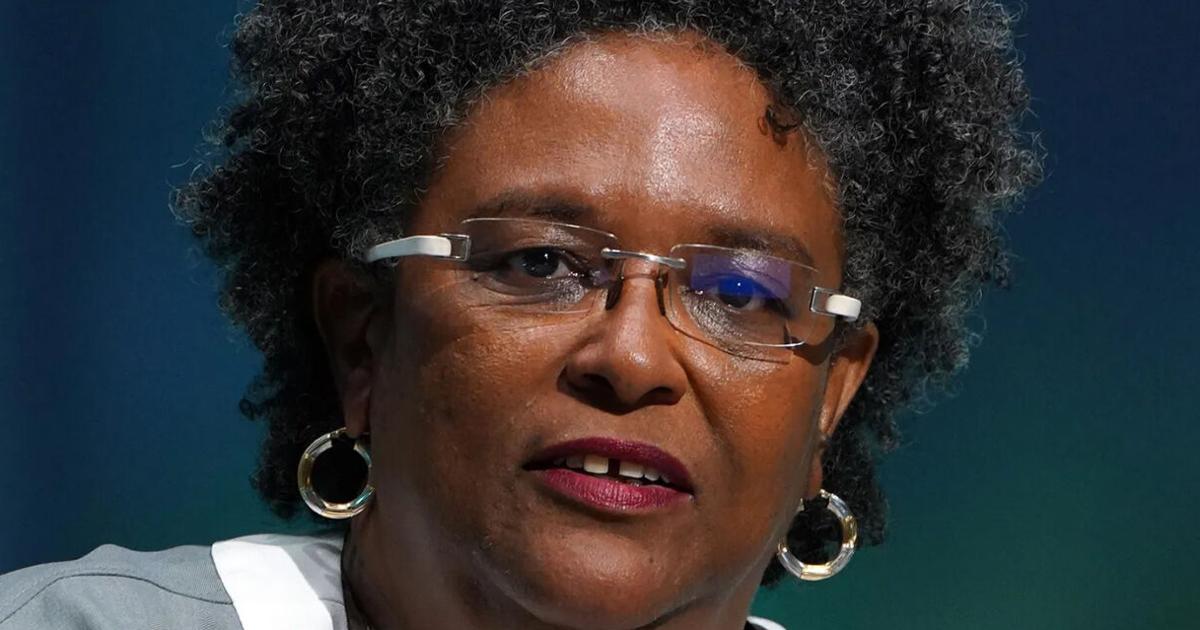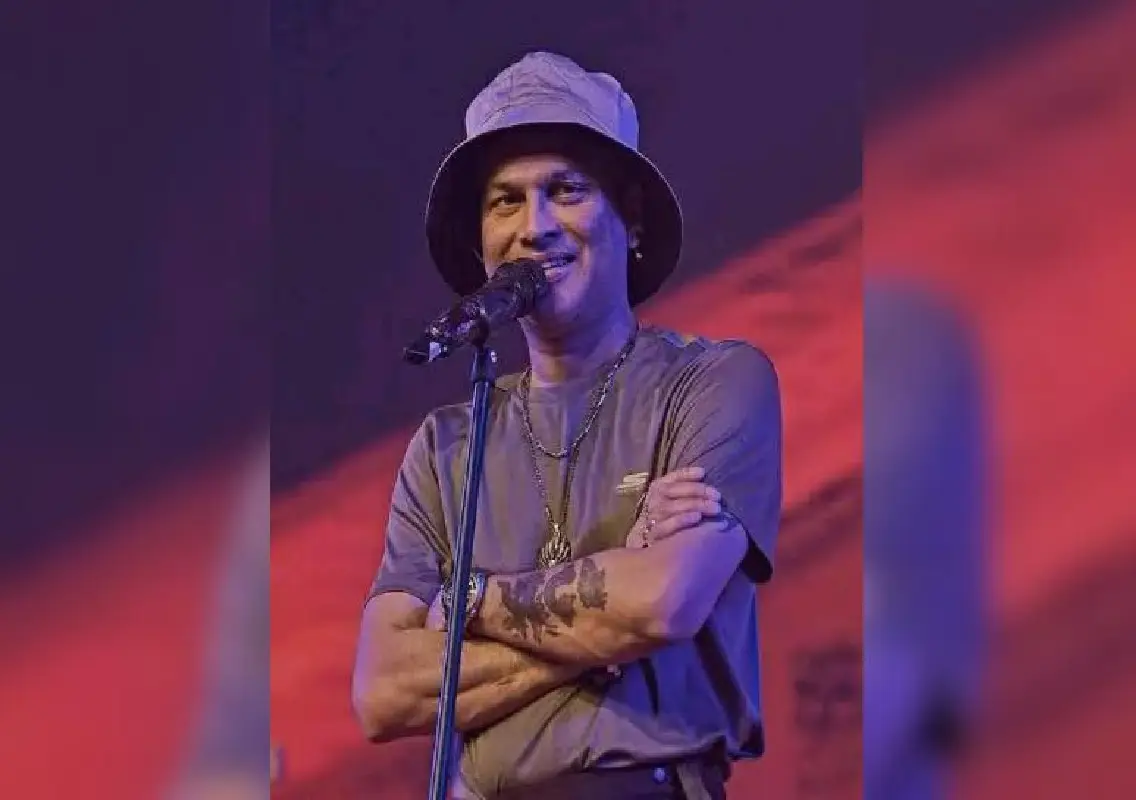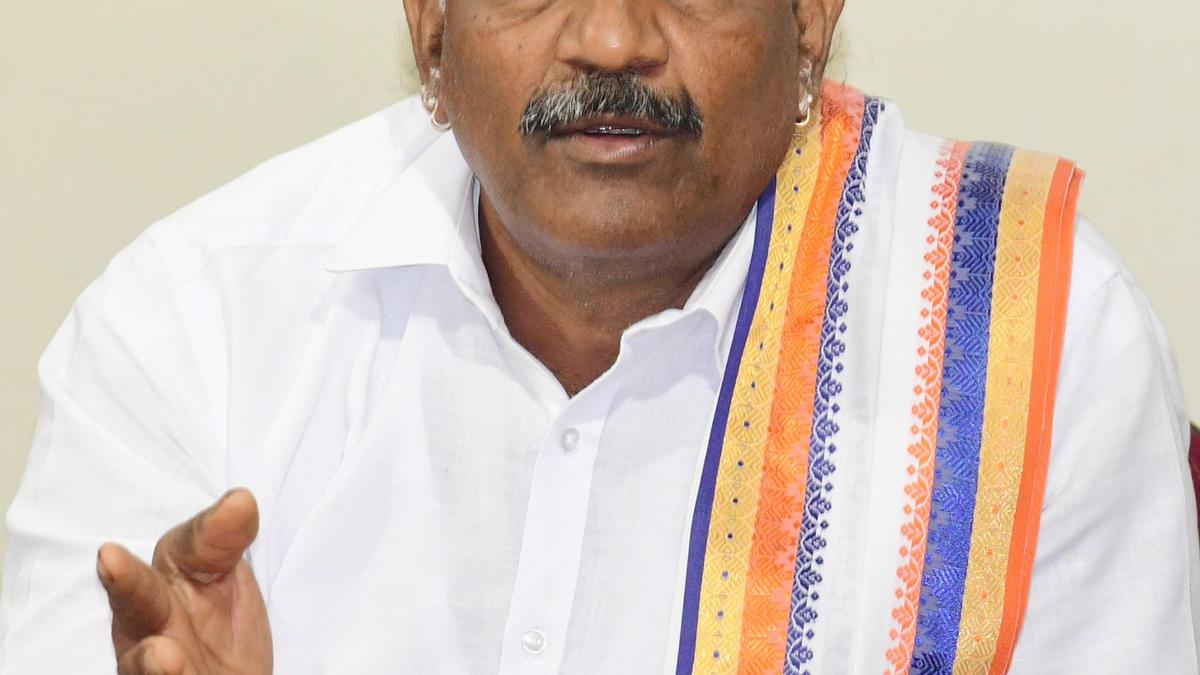Copyright thenassauguardian

Barbados Prime Minister Mia Mottley has called for regional leaders to reject US military strikes and extrajudicial killings of alleged drug traffickers in the Caribbean where she said the situation is “extremely dangerous and untenable”. “As a small state, we have invested tremendous time and energy and effort in establishing and maintaining our region as a zone of peace,” said Mottley last week at the 86th Conference of the Barbados Labour Party. “Peace is critical to all that we do in this region, and now that peace is being threatened, we have to speak up. “I believe that the time has come for us, therefore, to be able to ensure that we do not accept that any entity has the right to engage in extrajudicial killings of persons that they suspect of being involved in criminal activities. “...We stand for the rule of law, and we believe that if there is other intelligence available that would cause you to take action that is an immediate threat to you as a nation, then you have a duty to share it with us. “But on the face of it, conflating law enforcement with military action is a dangerous step. “...We equally do not accept that any nation in our region or the greater Caribbean should be the subject of an imposition upon them of any unilateral expression of force and violence by any third party or nation.” In August, thousands of American marines were deployed to the Caribbean, with US President Donald Trump claiming the intention was to fight the illegal drug trade. The move immediately raised concerns with respect to sovereignty as well as questions over the motives of the increased military operations near Venezuela, with many speculating that the true intention is to stage an overthrow of the South American country’s leader, President Nicolas Maduro. Just weeks ago, it was revealed that the Trump administration had authorized the CIA to conduct covert action in Venezuela. Since August, the US has carried out multiple strikes against alleged drug vessels in the international waters near Venezuela. Two Trinidadians were among the 38 people killed in such strikes in the Caribbean so far. Trump has maintained that victims of the strikes are “narcoterrorists”, though little in the way of evidence has been offered to support that view. For her part, Trinidad and Tobago Prime Minister Kamla Persad-Bissessar has expressed support for the nearby US operations. Earlier this month, CARICOM leaders reaffirmed a commitment to keeping the region as a “zone of peace”. Trinidad and Tobago was the only country that opted to reserve its position on the matter. Mottley made the recent comments as she referred to increasing global instability. “We don’t need to look any further than the menacing vessels, military vessels from the United States, across the Caribbean Sea, including what is reputed to be the world’s largest warship,” she said, referring to the recent deployment of the USS Gravely to the Caribbean. Earlier this week, amid the rising tensions, the US warship docked in Port-of-Spain, Trinidad. It came as Venezuela accused Trinidad of “military provocation” in coordination with the CIA with a goal of creating war in the region. “A false flag attack is underway in waters bordering Trinidad and Tobago or from Trinidadian or Venezuelan territory to generate a full military confrontation with our country,” Venezuelan Vice President Delcy Rodriguez said in a statement. The government of Trinidad and Tobago has maintained that is not the intention. “The visit of the USS Gravely aims to bolster the fight against transnational crime and build resilience through training, humanitarian activities, and security cooperation,” Trinidad and Tobago’s Foreign Affairs Ministry said. “It will also strengthen longstanding partnerships between both countries, which have provided medical care and disaster preparedness, improved lives, and strengthened T&T communities.” Mottley said that Barbados’ longstanding position has been “friends of all and satellites of none” as she called for dialogue to “prevent a war from starting rather than stop it when it has started”.



